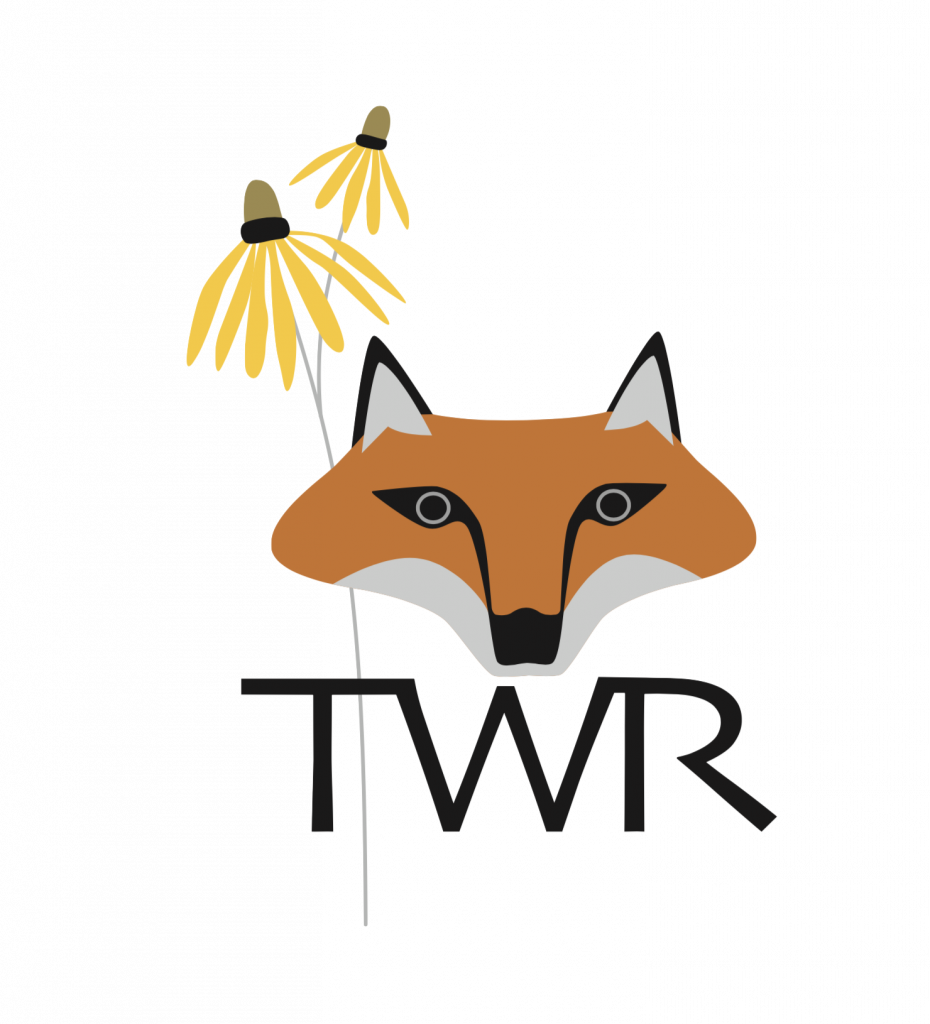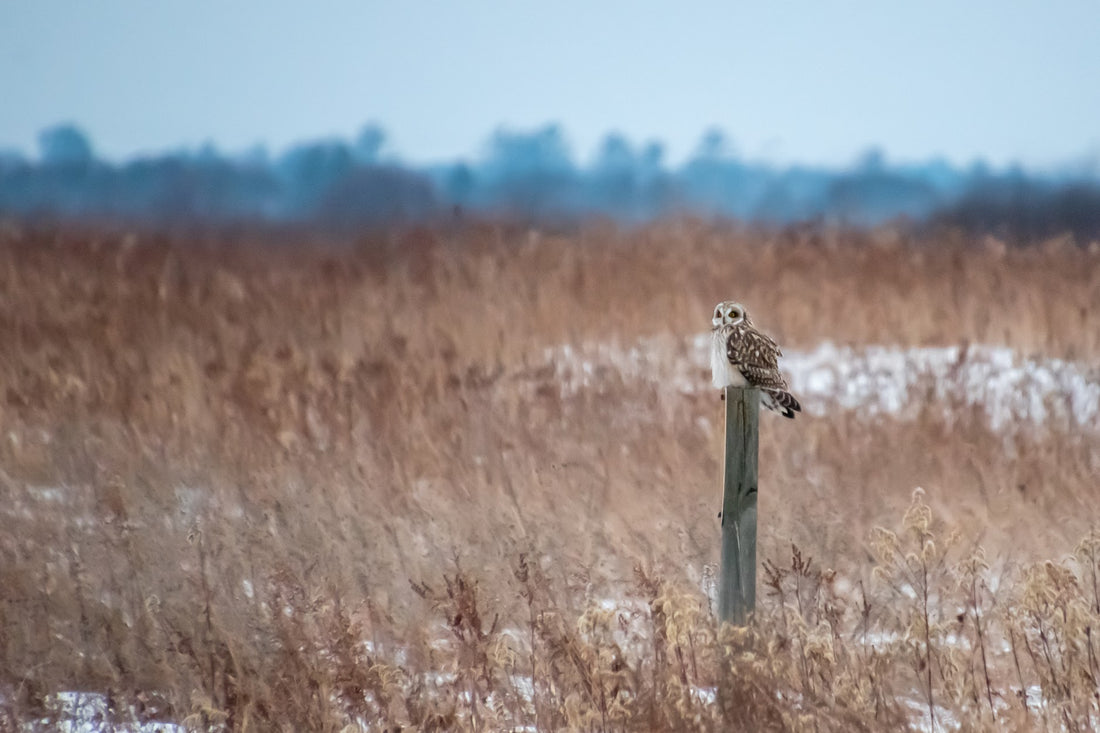Everything you need to know about the nation’s oldest citizen-science initiative
Each year beginning in mid-December, volunteers across the Americas brave winter weather to take part in the nation’s longest-running community science bird project. The Christmas Bird Count, or CBC, takes place annually between December 14 and January 5 and is organized by the National Audubon Society.
The CBC is an important source of data regarding the distribution and abundance of bird populations – helping scientists and conservationists track the health of bird populations over time. The data collected during the CBC is used to inform conservation efforts, guide research, and educate the public about the importance of birds.
 Photography by Melissa Christie (Madison, WI), Dark-eyed Junco
Photography by Melissa Christie (Madison, WI), Dark-eyed Junco
THE HISTORY OF THE CBC
Despite its importance for conservation today, The Christmas Bird Count has its roots in a slightly less bird-friendly holiday tradition. The CBC was ornithologist Frank Chapman’s alternative to an event called the Christmas “Side Hunt” – a competition between hunters to see who could garner the largest pile of birds (and other unlucky animals) within a 24-hour period.
Chapman, who was the editor of the magazine "Bird-Lore" (which later became "Audubon Magazine"), proposed the idea of a "Christmas Bird Census" as a way to engage people in the observation and study of birds rather than killing them. The first census took place on December 25, 1900, and 27 observers in 25 locations counted about 90 species of birds.
HOW THE CBC WORKS TODAY
Today, over a century after its start, the annual CBC has evolved into a highly sophisticated and well-orchestrated initiative involving tens of thousands of volunteers. Birders of all ages and skill levels head out into the field on their assigned date and count birds within a 15-mile diameter circle. Each circle is assigned a "compiler" who is responsible for coordinating the count within that circle and collecting the data from the participants. The data is then submitted to the National Audubon Society where it is compiled and analyzed.

HOW YOU CAN GET INVOLVED
The CBC is a great way for people to get outside, enjoy nature, and contribute to important conservation efforts. This year, the Brodhead section of the CBC convened at Three Waters Reserve after the count, where longstanding compiler and local birding expert, Quentin Yoerger, led the discussion for Three Waters Reserve’s very first “Lunch & Learn”.
Entitled “Our Early Winter Birds”, this public event featured a presentation explaining the importance of CBC and released the 2022 findings. A few of the highlights from this year include the arrival of a new species to the area, the Eurasian Tree Sparrow, an invasive species first introduced to the U.S. in 1870. Eurasian Collared Doves, another invasive, were found in record high numbers, while a native species, the Rough-legged Hawk, was not spotted for the first time in 17 years. View the full report at the end of this article.
 "Our Early Winter Birds" Lunch & Learn at Three Waters Reserve (Brodhead, WI)
"Our Early Winter Birds" Lunch & Learn at Three Waters Reserve (Brodhead, WI)
The presentation was preceded by a memorable mediterranean-style lunch buffet prepared by TWR’s award-winning executive chef, John Marks. Over lunch, attendees had the opportunity to meet the Brodhead CBC crew, as well as connect and share stories with other curious community members and bird lovers.
 Photography by Melissa Christie (Madison, WI), Short-eared Owl
Photography by Melissa Christie (Madison, WI), Short-eared OwlHUNGRY FOR MORE?
Three Waters Reserve's new Lunch & Learn series strives to increase community engagement and awareness regarding important conservation topics. Upcoming Lunch & Learns will take place at least once a month over a Thursday noon hour from December through March. Scheduled topics for 2023 include farmer-led watershed initiatives, gardening for health, celebrating local wildlife and plantlife, understanding conservation easements and more.
To stay in the loop about upcoming Lunch & Learns at Three Waters Reserve, stay tuned to our social channels or head to our events calendar. To learn how you can get involved with the Brodhead and/or Monroe sections of the CBC, contact Brodhead compiler Quentin Yoerger at harrierqman@gmail.com.

